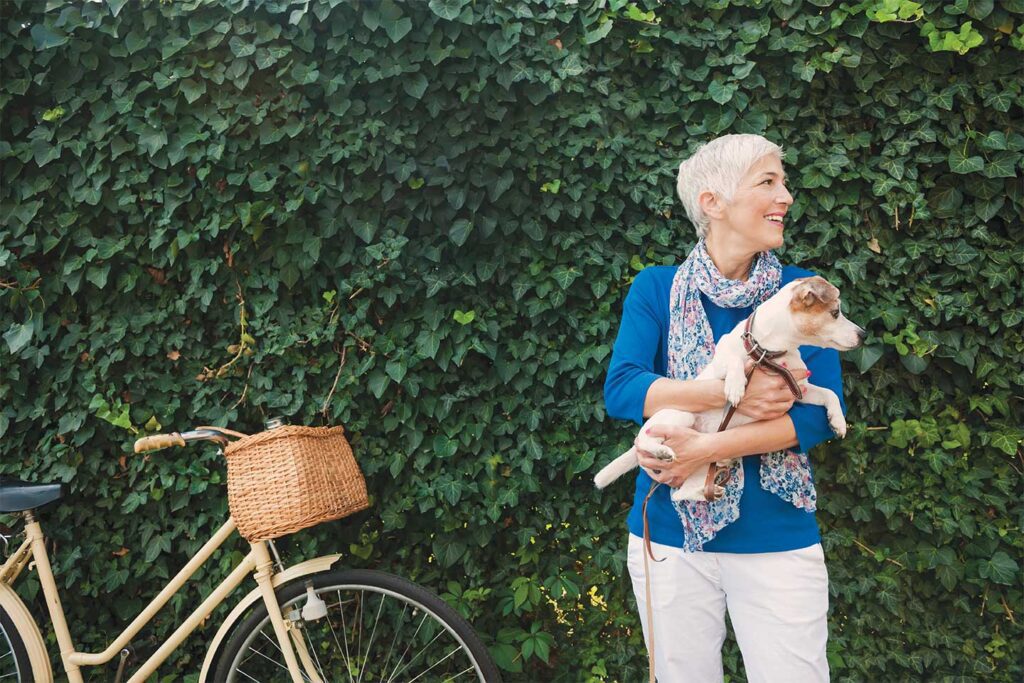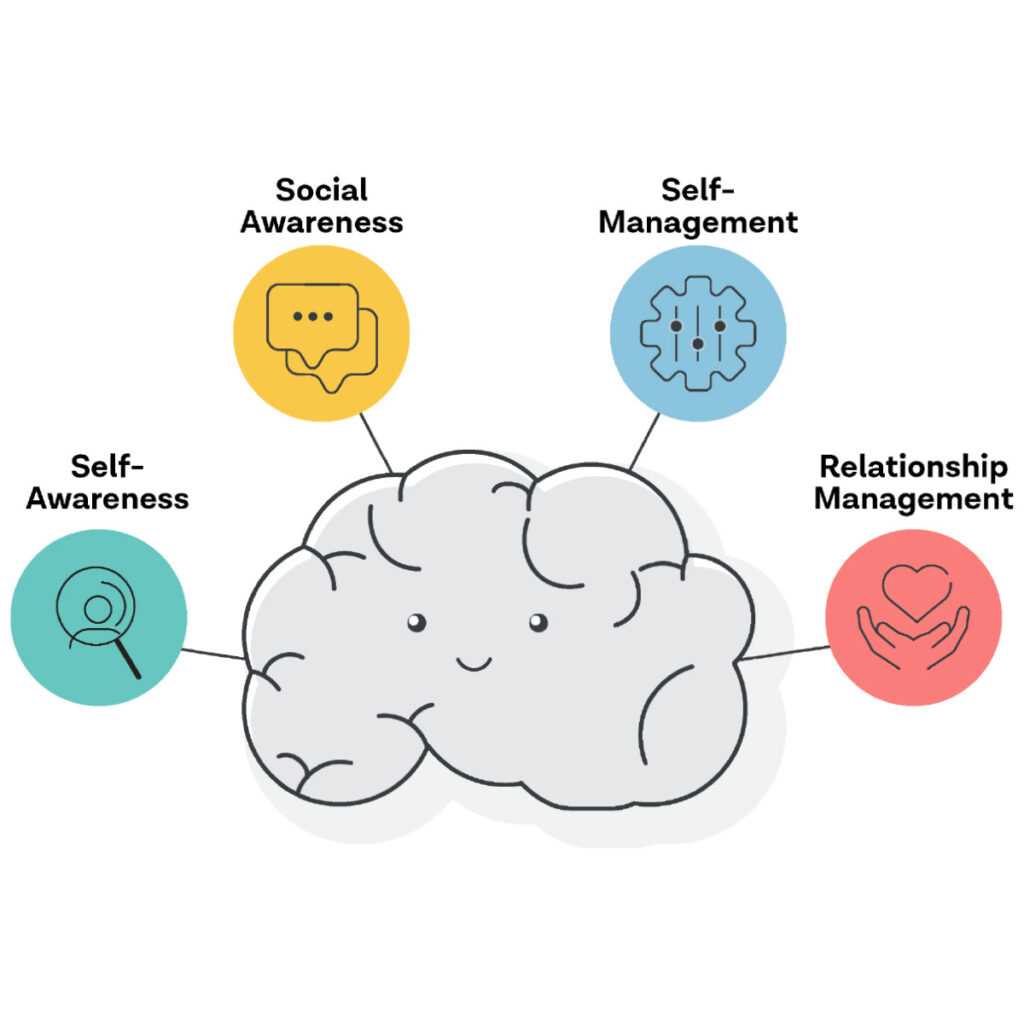Making an effort to socialize with friends and family can not only make you happier, it has many health benefits too. Mind and body respond well to positive social interactions, while isolation can bring far-reaching complications. Enjoying yourself with others is like a medication with all positive side effects!
Humans are social creatures and have historically lived with families and friends over the course of their lives. But some of the greatest shifts in family dynamics have occurred during the 21st century, and these changes are starting to show some big cracks with aging. With fewer children to take care of older parents, and with families frequently separated by thousands of miles, seniors are finding themselves alone and more isolated than ever before.

Why Socialization Matters
Alisha Landes, executive director at The Lantern at Morning Pointe, explains, “Socialization in our older adult years can not only provide emotional benefits, but health benefits as well.” Recent studies suggest that not only is socialization a stress reducer, but that active adults with lots of social interactions manage stress better than those who are isolated. Less stress leads to better cardiovascular health and a more efficient immune system, both of which are proven to increase longevity.
Beyond that, socialization can improve fitness, which yields both physical and emotional advantages. Older adults who maintain a full schedule of social activities tend to exercise more, as walking groups or yoga classes become part of the support network. This helps improve strength and flexibility, both of which are integral in living a long, healthy life. Exercise is also known to reduce the risk for depression and undue anxiety, all while boosting self-esteem. And being part of a group keeps you accountable to stick with the activity longer.
Social interaction and dementia also show correlation. Participants in studies who were actively engaged in social activities, like discussion groups or learning new things, were less likely to develop dementia, and in some cases, were even able to improve their cognitive skills. Even those with mild cognitive impairment (MCI), where thinking and memory begin to decline but life skills continue to function, have been able to greatly reduce the progression through quality social interaction.
“Older adults need contact with other people just as much as children, teenagers, and young adults,” says Landes. “Socialization fulfills a part of us that we cannot get from anything else.”
How Someone Becomes Isolated
Sadly, sliding into isolation and loneliness is all too easy, and it carries some heavy consequences. Multiple studies looked at morbidity as influenced by social isolation and found it to be as significant a risk factor as smoking or obesity.
Today, more than 40% of American seniors report being lonely on a regular basis. Dr. Alycia Cleinman, a geriatrician with CHI Memorial Center for Healthy Aging, explains, “An older adult can easily become isolated due to the death of a spouse, child, sibling, or close friend; physical disabilities from diseases like COPD, stroke, and arthritis that limit their ability to travel; and anxieties relating to memory loss causing them to withdraw from others.”
Hearing loss can make you feel isolated even if others are around. You may not have family close enough to be helpful. Even if you live with family, they may be gone much of the day with work and activities, so you’re still alone for long stretches.

Without active socialization, older adults are less likely to forge new friendships and therefore remain at home. This leads to depression, creating a vicious cycle.”
Dr. Alycia Cleinman
Signs Your Loved One May Be Struggling
Fortunately, it is fairly easy to read the signs that your loved one is retreating into loneliness and isolation. Are you seeing a distinct change in their weight or appetite? Often, they may lose interest in eating healthy meals or eating meals at all. Or, for people who always maintained a healthy weight, they may begin to gorge on junk foods, causing significant weight gain.
Another symptom is a new difficulty in sleeping, or the opposite – sleeping all the time. Do they spend all day in the dark watching TV and dozing off? That’s an unhealthy choice at any age and can hasten both mental and physical decline.
Other telling symptoms are if your loved one begins to neglect their personal hygiene, which can include their home tidiness. If they stop showering, wear the same clothes every day without laundering them, or even stop wearing makeup if they always have before, those are all red flags for depression and loneliness.
“Without active socialization, older adults are less likely to forge new friendships and therefore remain at home. This leads to depression, creating a vicious cycle,” explains Dr. Cleinman.
Ways to Get Involved
“If you notice that your loved one is starting to isolate themselves or show signs of depression, you should work to try and actively engage them,” says Landes. Encourage your loved one to maintain the social interactions they’ve always enjoyed, like weekly attendance at places of worship or regular meals with others. Sometimes simply providing transportation options can make all the difference.
Then help them think outward. They can take care of something, whether a garden or a small dog. Assuming they are physically and emotionally capable of taking care of an animal, pet ownership has a number of positive benefits: Those who take care of pets require fewer medications, experience a greater sense of security, and face less loneliness and depression.
You can even help set your loved one up in a volunteer or part-time job where they’ll interact with others frequently. Another option is to assist them in finding a continuing education class that will engage them – one about technology could help link them to friends and family more easily.
Finally, encourage your loved one to join group activities like playing cards or exercise. “It’s important to remember that the goal of socialization should be to increase access to people who your loved one can relate to and easily engage in conversation with – someone with shared experiences,” says Dr. Cleinman. “This generally means someone with a similar background.”
Seniors can all use a little more affection and support, and we can help them engage in the activities they once enjoyed. By helping a senior prioritize socialization, you’ll also help them prioritize health and happiness. HS

Alisha Landes
Executive Director, The Lantern at Morning Pointe

Dr. Alycia Cleinman
Geriatrician, CHI Memorial Center for Healthy Aging




